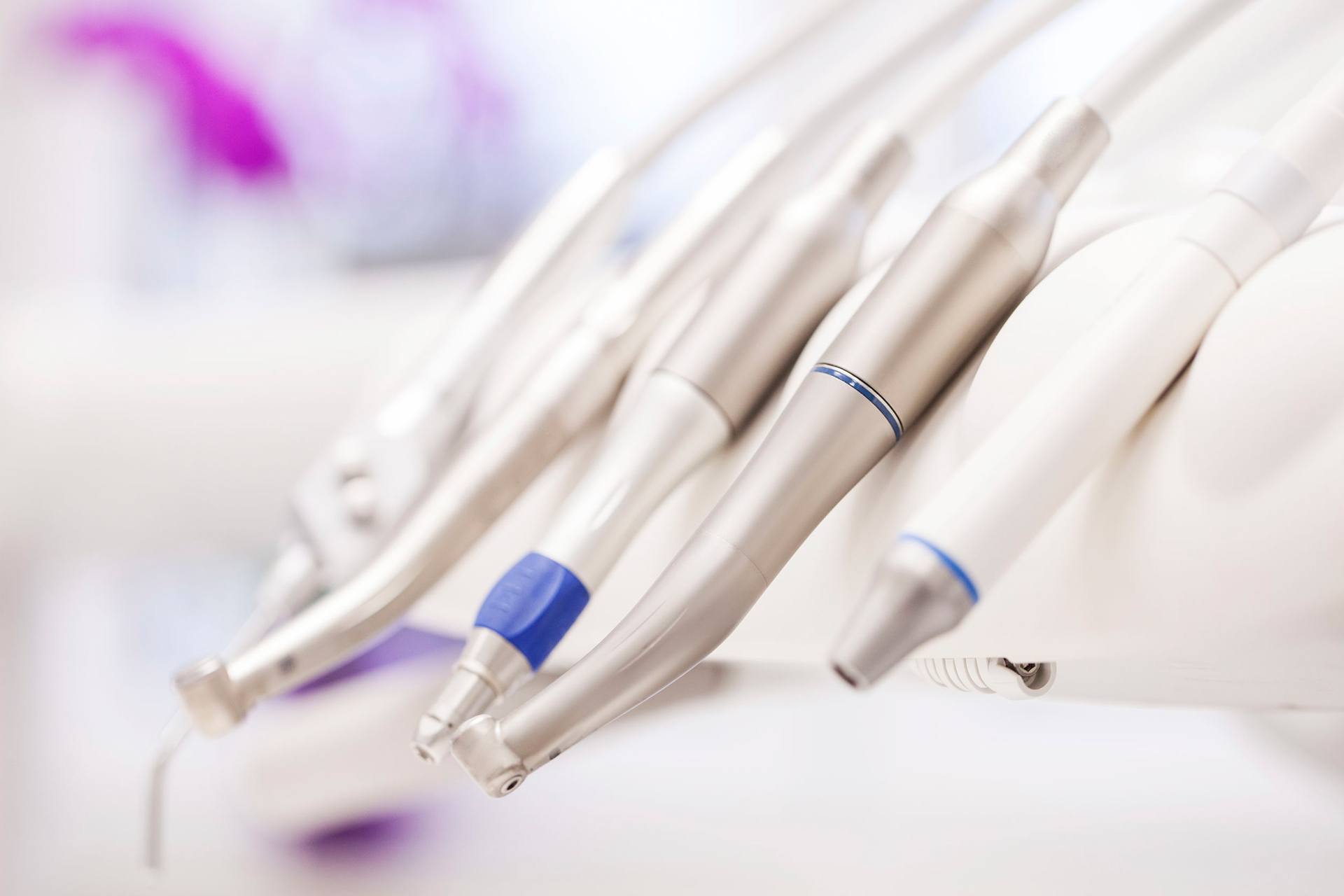Helping You Feel Comfortable in the Dentist’s Chair
Do you have a dental phobia?
Dental Fear and Anxiety
Or maybe, the problem is less severe, but you still feel anxiety when you know you need to go in for a dental appointment? In either case, our Toronto dentist can relieve your fear and anxiety with sedation dentistry.


Open Days
Why Sedation Dentistry?
You might want to choose sedation dentistry for any of several reasons. Usually, the fear and anxiety have built up over a number of years. Usually, the bad feelings have some source in the patient’s experience. Perhaps they have gone to an unskilled dentist in the past who has hurt them unnecessarily. Or, they may have had a painful trauma to their teeth.
Once the time passes when people first needed to go to the dentist, the pain and anxiety can multiply with each month and year that passes. We understand that these are difficult problems to get over, so we work with you to overcome your fear through sedation dentistry.
At-Home Sedation
We start the sedation dentistry with a medication you take before you come in for your appointment. Because this medication relaxes you too much to drive, it is important to have someone take you in to the appointment and bring you home after it is over. This prescription medication eases your transition from your home where you feel safe and secure, to your dentist’s office where you might feel more anxious without the medication.
In-Office Sedation
Once you arrive at our office, our staff makes you comfortable in the dentist’s chair. The dentist comes in and administers another type of sedationbefore beginning the treatment you came to get. Depending on the procedure your dentist is going to do and your level of anxiety when visiting the dentist, the dentist may give you one of four different types of sedative medication.
- Oral sedatives, such as Halcion.
- Inhaled sedatives, such as nitrous oxide or “laughing gas.”
- Moderate IV sedation
- General anesthesia
Degrees of Dental Sedation
Often people mistakenly call sedation dentistry “sleep dentistry”. Certainly, if you are under general anesthesia, or deep sedation you are unconscious during the procedure. However, this level of sedation is usually reserved to correct the most severe dental problems. On the other hand, nitrous oxide is such light sedation that you might be able to drive to and from the appointment. You can talk and follow directions normally. You are fully aware, although you will feel less anxious and fearful.
If you have intense fears, your dentist might suggest moderate sedation. This can either be an oral sedative you take about an hour before the procedure. Or, it can be moderate IV sedation. In these cases, you might feel sleepy. You might even nod off for a while. However, the dentist can wake you up easily by giving your shoulder a light shake. You also may have little memory of the procedure after it is over

